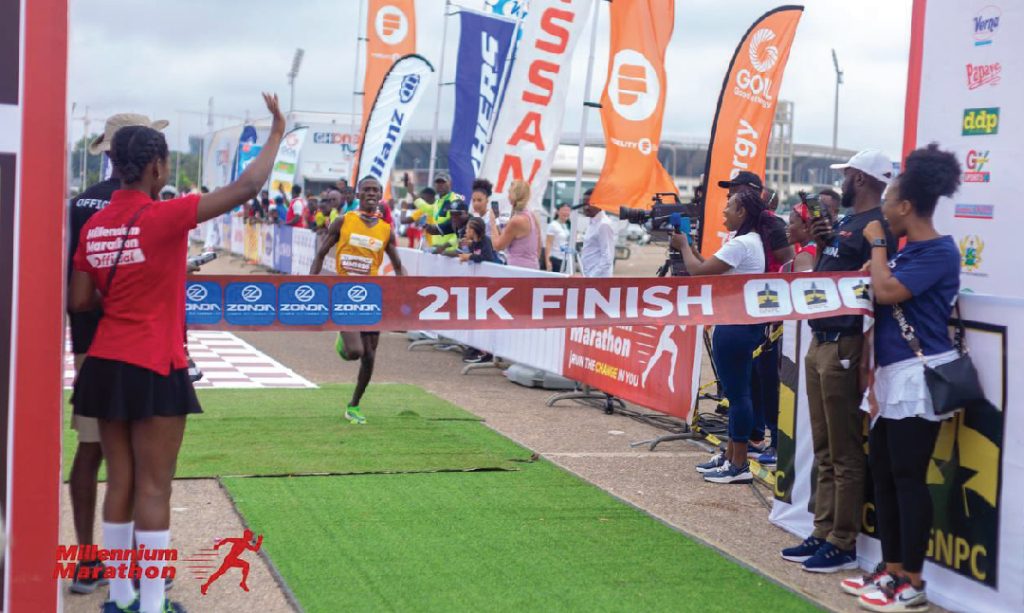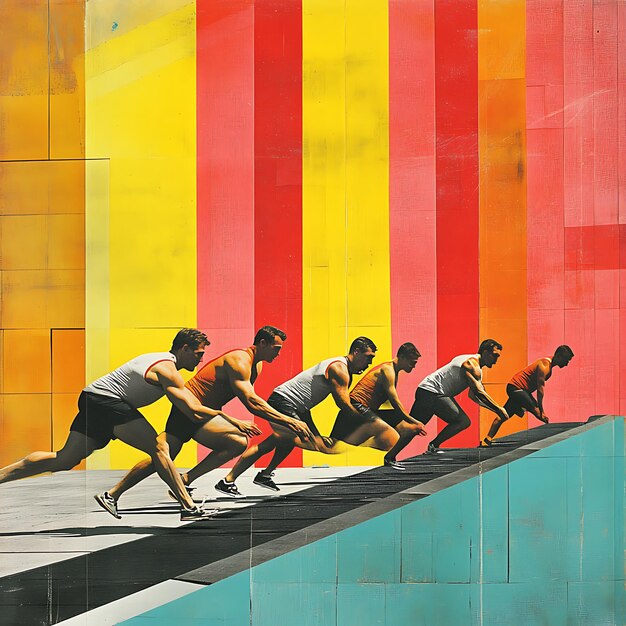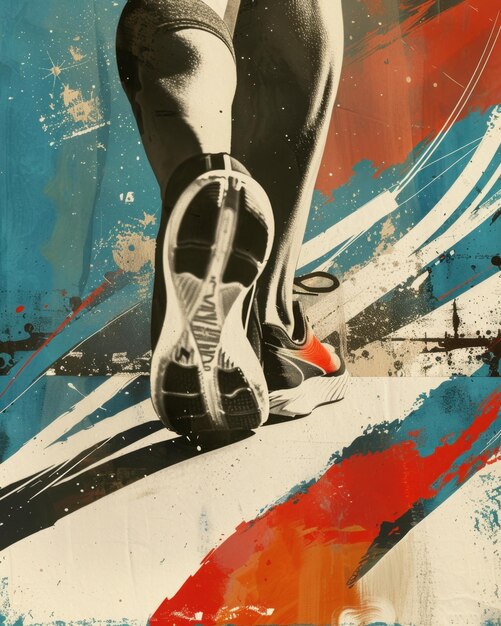Participating in your first race can feel intimidating. However, with proper training, you successfully accomplish it. This article provides a a full marathon training guide, including tips for beginners and recommended exercises.
What’s a Marathon, 10k and 5k?
The marathon is a 42.195 km (26.2 miles) long-distance foot race typically run on roads.
Many running events offer varying distances, including 5km, 10km, and 21km. It is important for beginners to start with shorter distances and gradually build up their endurance.

Preparing for your first run
For newbies, preparing for a run no matter how long or short can be a challenge both physically and mentally.
If you’ve committed to running a marathon, you will to dedicate time to prepare and train regardless of whether your motivation comes from a love for running, a passion for collecting medals, or being part of a group of like-minded people.
Training

When training, incorporate a mix of different training runs that will improve your pace and stamina.
Speed runs. They help you run faster with ease and build strength, improving your overall timing. You should do these at least once a week.
There are many forms of exercise for speed runs, but for the sake of our routine, we’ll focus on intervals, uphill workouts, and sprinting.
The goal of speed runs is to push yourself as much as possible within a short time whereas long runs help to build endurance, stamina, and pacing.
Longer runs help you improve your pace and endurance. Starting with completing a 1 or 2km run can help you assess your endurance before gradually increasing.
A
Rest and recovery

Following a tough running day, recovery runs are short and at a relaxed pace, aimed at aiding muscle recovery.
You should aim to talk comfortably while doing your recovery runs without feeling breathless.
Listen to your body
Pushing ourselves is key to getting better and faster, but it’s also important to listen to your body.
Juggling workouts and daily tasks can be a lot for the majority of individuals, so remember to balance intense running days with rest days to keep you resh to handle your daily activities.

Training plan
There is no one size fits all for how long you should train. For beginners, it’s recommended to dedicate one to three months to regular workouts before participating in a running event.
Warm up. Before every run, be sure to warm up using stretches to avoid injury and get you in the right mood for your run.
For the first 2-4 weeks do
- 1-2 long runs 2-5km
- 1-2 recovery runs 2.5 km
- 1 speed run alternte between sprinting for 1 minute and resting for 1 minute
4-8 weeks
- 1-2 long runs 5km
- 1-2 recovery runs 2km
- Increase time of sped runs
8-12 weeks
Adjust the distances based on your goals. For example; if you’re looking to reach 10km, increase your long runs by 1 km every session.
Running shoes
One of the most important things for running has got to be the shoes. You should train in running shoes which have good cushioning to prevent foot injuries.
Decathlon Ghana and Jumia have some good options you can choose from.

Location and Safety
Running outdoors comes with its own risk, however, you can manage them safely with these steps.
- Start on a less busy road, preferably one where there are other runners. You can do some trial runs in the daytime to get comfortable running next to cars.
- Wear bright-coloured clothes, especially when running at night.
- Carry some water and a snack to re-energise
- Start small and take a break when you feel dizzy, nauseous or shaky.
- If you listen to music while running, lower the volume to be aware of your surroundings and keep one ear free always.

Running rules
Running events will typically provide a race bib prior to the event to help identify runners. Runners can run or walk.
Stops for water (hydration) and snacks arre typically provided at intervals.
Race day
If you made it to race day, well done! These tips will help you achieve your best performance during the run.
- Put on a comfortable pair of running shoes, preferably the ones you’ve been practicing in.
- Eat some food preferably a dish with carbs foods and leave some time to digest, preferably at least 2 hours before the run.
- Get to the race venue early (about 30 minutes before starting time)
Marathons in Ghana
Several running events take place in Ghana each year, with thousands of participants.
- Milenium marathon is held every year usually in the first week of September, with runners taking part from around the world.
- Accra international Marathon (AIM) include 42km, 21km, 10km and 5km races and typically with a fundraising goal attached.
- Accra Inner City Homowo Half Marathon
- Kwahu Easter Mountain Marathon








